Living in Japan and feeling ill….
But have you ever been in trouble because you don’t know where to get what kind of medicines?
Types and Basic Classification of Japanese Pharmaceuticals
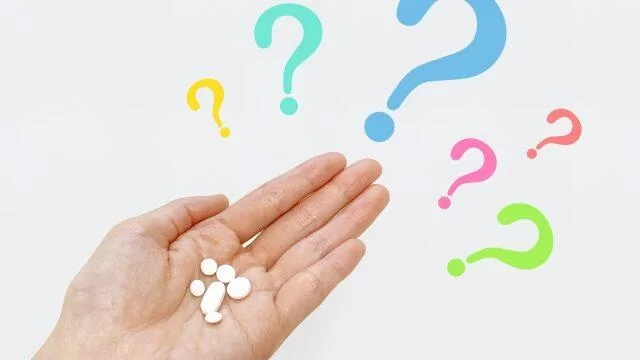
There are several types of pharmaceuticals in Japan.
They are classified by the Ministry of Health, Labour and Welfare according to the strength of effect and other factors.
Ethical drugs (prescription drugs)
Ethical drugs are also commonly referred to as prescription drugs.
These are drugs that are purchased based on a prescription from a physician.
They are used to treat patients with specific diseases or symptoms.
After a consultation at a hospital or clinic, the doctor prescribes the appropriate drug for the patient’s condition.
Drugs requiring special instructions
Drugs requiring instruction are the first drugs to appear on the market, and proper explanation from a pharmacist is mandatory to ensure safety.
When purchasing this type of drug, individual counseling and information must be provided by a pharmacist.
OTC Drugs
OTC or OTC drugs (short for Over-The-Counter ) do not require a doctor’s prescription and can be purchased directly at pharmacies and drugstores.
OTC drugs are subdivided into Class 1, Class 2, and Class 3 drugs, each classified according to the degree of risk and precautions.
Explanations and advice from pharmacists can help you use these drugs more safely.
Detailed Classification of OTC Drugs

Understanding the classification of OTC drugs is very important for safe drug use.
OTC drugs are divided into Class 1, Class 2, and Class 3 drugs based on the risks and precautions required.
Class 1 Drugs
Class 1 OTC drugs have the potential to cause side effects and should be used with the greatest caution.
A detailed explanation from the pharmacist is required at the time of purchase.
This encourages appropriate use.
In addition, the purchase of Class 1 drugs over the Internet is also restricted, and face-to-face sales are the basic rule.
Class 2 drugs
Class 2 drugs are drugs that require attention to side effects and interactions, but do not carry the same risks as Class 1 drugs.
Examples include common cold remedies and fever reducers and pain relievers.
These drugs can be purchased at one’s own discretion, but appropriate information is often provided by the pharmacist.
Class 3 drugs
Class 3 drugs are drugs that are relatively low-risk and are considered safe to use under general risk management.
Intestinal and digestive medicines and vitamins are included in this category.
Class 3 drugs can be purchased through a variety of sales channels and are commonly available over the Internet.
How to purchase pharmaceuticals in Japan?

The method of purchasing pharmaceuticals differs depending on the type of drug.
How to Purchase Various Types of Pharmaceuticals in Japan
Ethical drugs, or drugs that require a prescription, are purchased at pharmacies based on a doctor’s prescription.
On the other hand, over-the-counter (OTC) drugs, i.e., drugs that require special instructions andOTC drugs, can be purchased directly at pharmacies and drugstores, but in the case of drugs that require special instructions, a pharmacist’s explanation is required.
Rules for Purchasing Drugs on the Internet
There are specific rules for purchasing pharmaceuticals over the Internet.
Sales of drugs requiring special instructions are prohibited over the Internet, and prospective purchasers must receive an explanation from a pharmacist in person.
Class 1 drugs, which are OTC drugs, also require an online explanation from a pharmacist in order to be purchased.
On the other hand, Class 2 and Class 3 drugs are relatively easy to purchase over the Internet, but may still require information about their risks to be provided at the time of purchase.
The Present and Future of Japan’s Pharmaceutical Sales System
Currently in Japan, the role of pharmacists is highly valued, and the basic principle is to explain risks and provide information to patients through face-to-face sales.
While Internet sales offer greater convenience, there is a need to create a system that ensures that purchasers receive appropriate information and guidance.
In the future, technological advances may lead to further improvements in the sales system.
For example, online pharmacist counseling is expected to be further enhanced.
Thus, the way in which drugs are classified and marketed will continue to evolve in response to societal needs and technological advances.
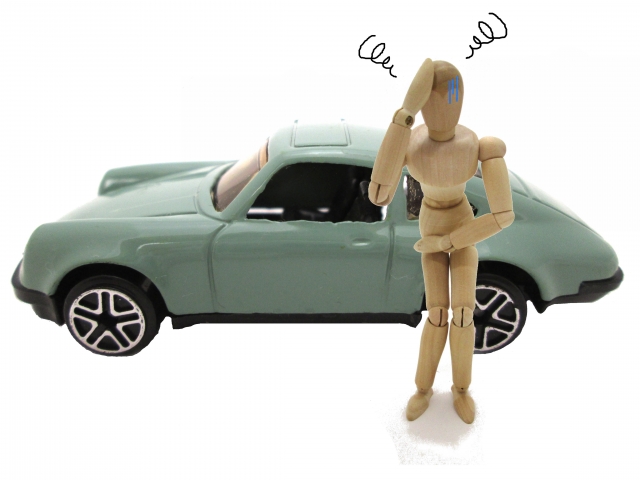

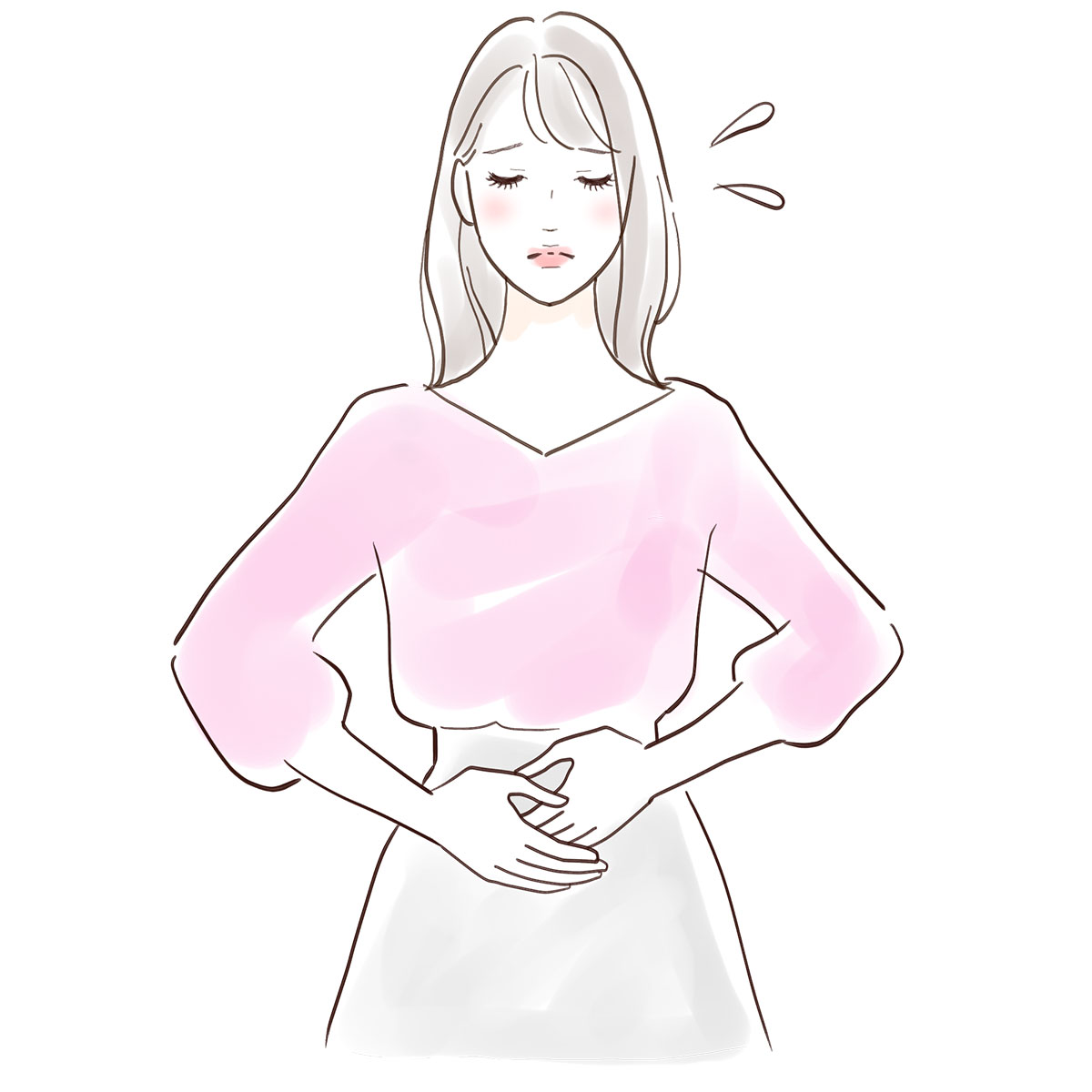


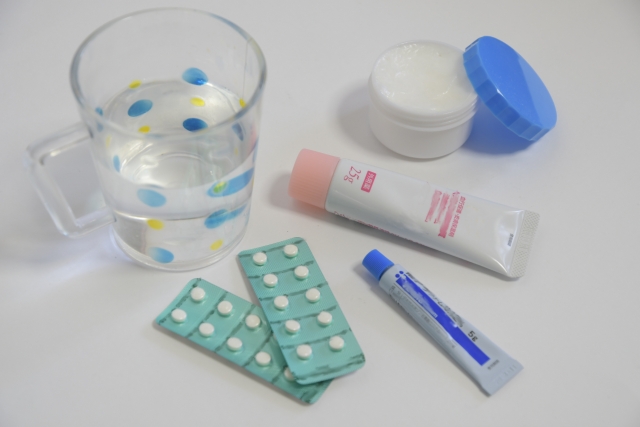
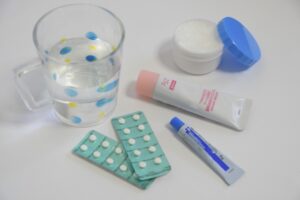
Comments